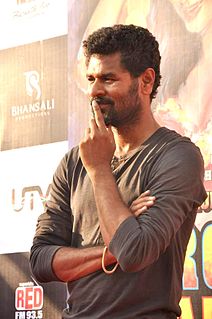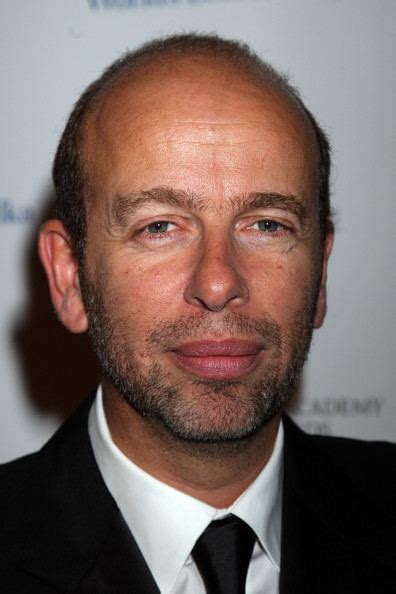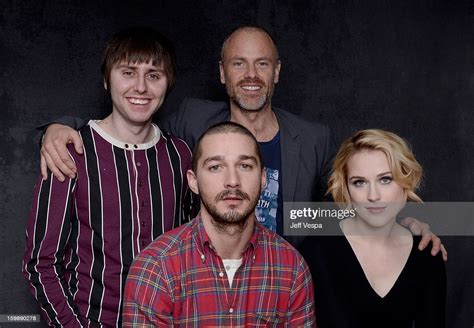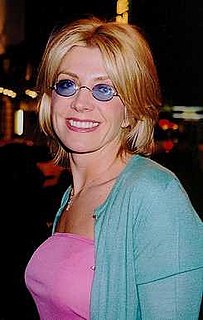A Quote by Lena Dunham
I spent all my time on my movies worried that people were eating and that the schedule was being kept, so to have experts in those areas giving me the brain space as a writer and director is huge.
Related Quotes
I felt a funeral in my brain, and mourners to and fro kept treading, treading till I felt that sense was breaking through. And when they all were seated, a service, like a drum, kept beating, beating, till I felt my mind was going numb. And then I heard them lift a box and creak across my soul with those same boots of lead again, then space began to toll, as if the heavens were a bell and being were an ear, and I, and silence, some strange race wrecked, solitary, here. Just then, a plank in reason broke, and I fell down and down and hit a world at every plunge, and finished knowing then.
People always talk about what they do the night before, but to be totally honest what you do the night before isn't going to make a huge difference in how you look. Maybe eating a giant burger and being bloated would make a difference, but other than that it's the lead-up. For me it's always about trying to consistently maintain a fit and body-conscious eating schedule so three days before I'm not like, Oh my God, I have a bathing suit shoot I have to do.
Danny Boyle has been a huge, has had a huge effect on me. His movies, early movies like Trainspotting and those movies. So I've always loved the energies of those movies. But also, that they are very focused on the characters. Cause it's not only gimmickery, it's not only about visuals. You feel a real need, a love for the main characters. So that's what I've always loved about watching movies myself.
I was definitely incredibly close to my dad, in a way that was all-encompassing. I am close to my mum, too, but there were areas that she and I did not share. So his loss to me was huge, personally and professionally. He believed in me, not just as a father, but as a director, and that always meant a lot.
In Hong Kong, in our generation that started out in the 1970s, being a director wasn't a big deal. We didn't even have director's chairs. We weren't particularly well paid. The social standing of a film director wasn't that high. It was a sort of a plebeian job, a second or third grade one. And the studio heads are always practical, there's never any fawning because someone is a director. There's very little snobbery about one's position as a director. The only ones people treated differently were those that were also stars; or the directors who also owned their companies.




































